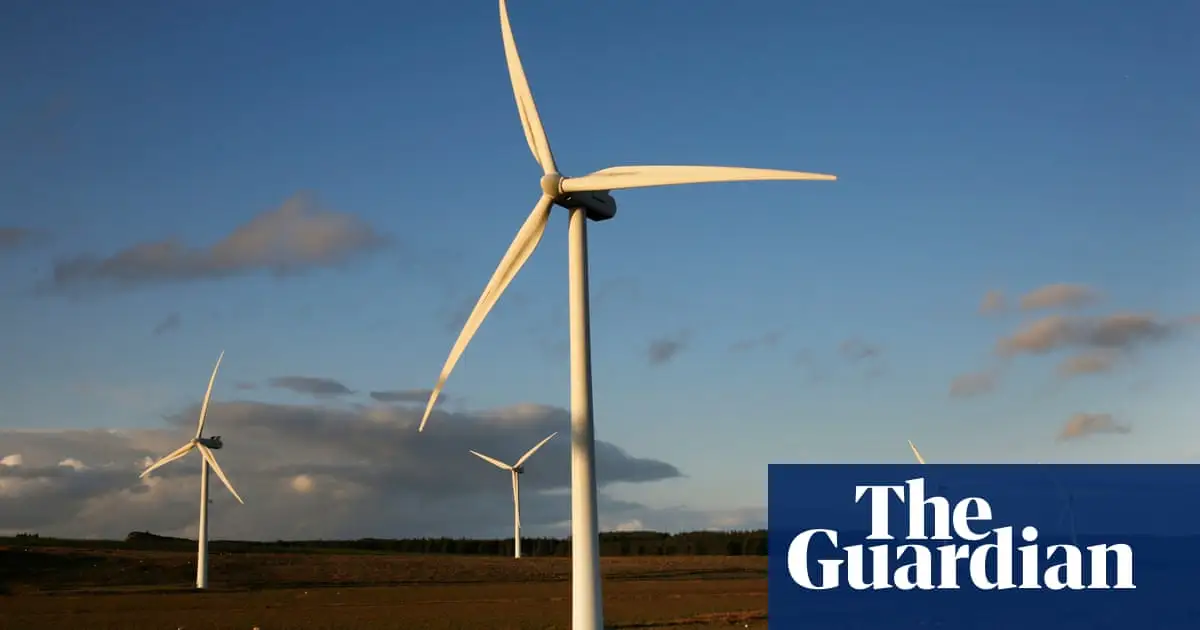And while the Greens are doing what they do best (opposing green development), the Labour government has already lifted the Tory ban on onshore windfarms.
This is odd, because Labour are the same as the Tories, as we all know, and the Greens are a radical new force. But in this case, Labour are doing the direct opposite of the Tories, while the Greens are doing the same things the Tories did! Most curious.
EDIT: Here’s the official government statement confirming this.
EDIT 2: And this isn’t all! Rachel Reeves is also planning to do more to make onshore wind simpler to build.



They changed the policy so that wind farms could only be built on land designated by local councils as wind farm land. There’s no sense preemptively designating land as for wind farms if no one is trying to build a wind farm, and there’s no sense preemptively buying land for a wind farm unless it’s designated for wind farm. Effectively it designated the entire country as unsuitable for wind farms and made it easy for anyone to have their objections count against a new wind farm. Opposition to wind farms is very much in the minority, but it’s very vocal, very well organised and has the backing of fossil fuel industries.
By contrast, fracking was pushed through against the local council’s objections and very much against the majority of local opinion. This is what you do with energy projects that you view as nationally important.
The Conservatives felt that it was important to preserve and further subsidise the fossil fuel industry, so they supported fracking, no matter how a surdly expensive or unpopular, no matter how much water was permanently polluted and locked away from use. It was only when literally hundreds and hundreds of minor earthquakes (that they said weren’t important or indicative of a problem) led to a more major earthquake that made bad headlines for them, that they paused it for a while until the news died down.
Anyway, most large energy projects are not subject to local objections, except, of course, for the cheapest form of energy today, which is onshore wind, which was subject to local objections with extra hurdles in the way compared to any other building projects.
So it wasn’t technically banned, but everyone called it a ban because it was easier to get planning permission for a skyscraper in the Lake District than a wind farm on the Pennines.